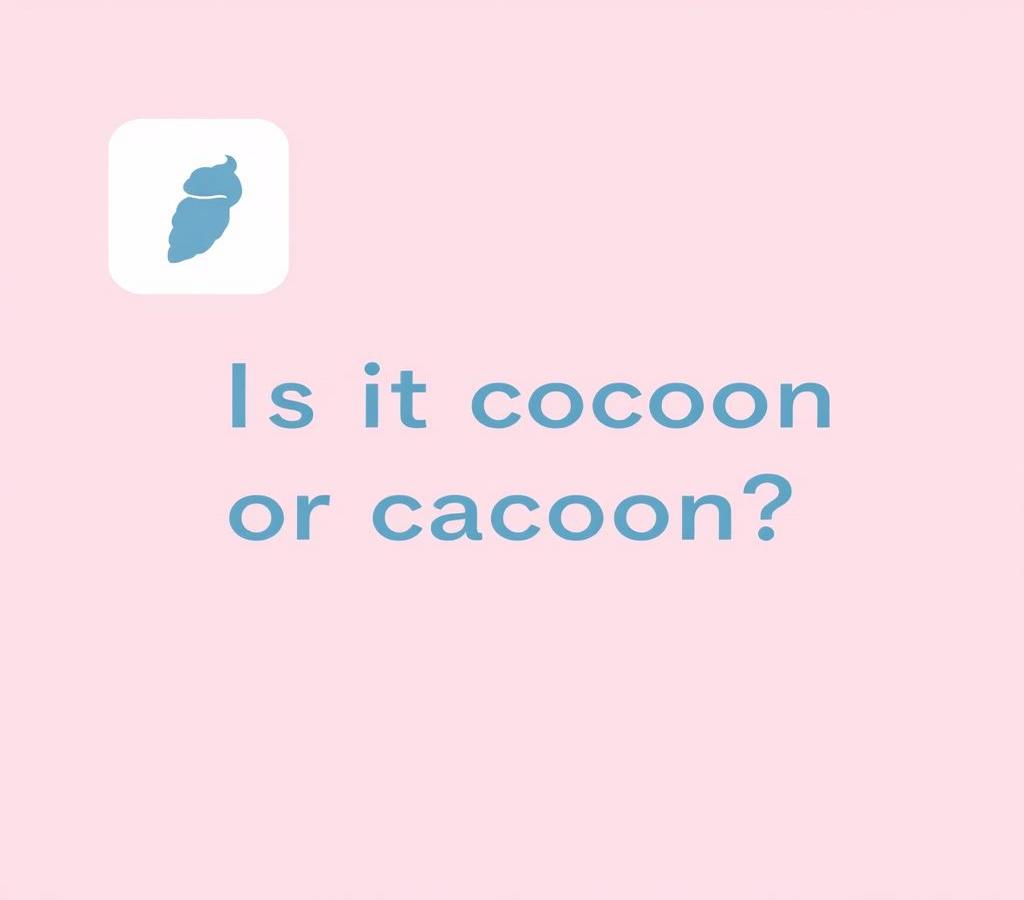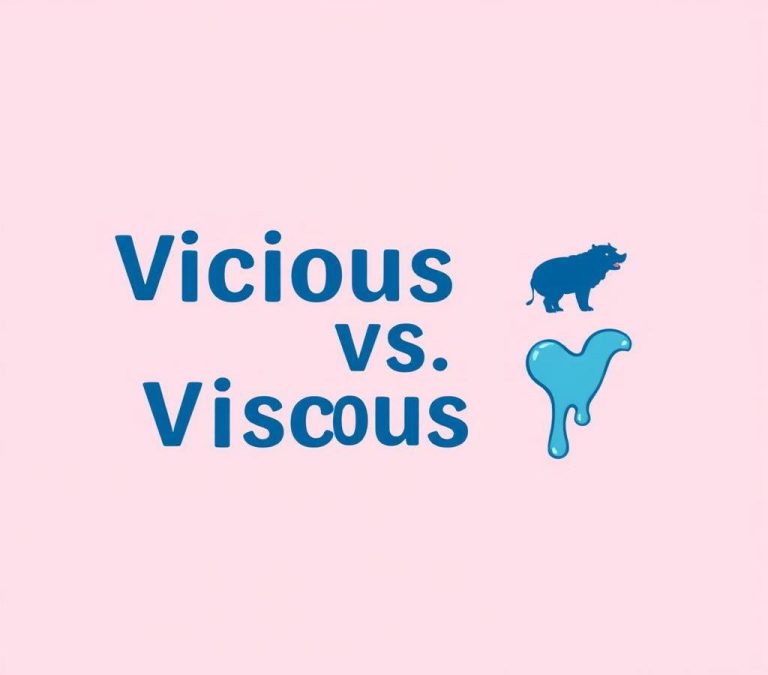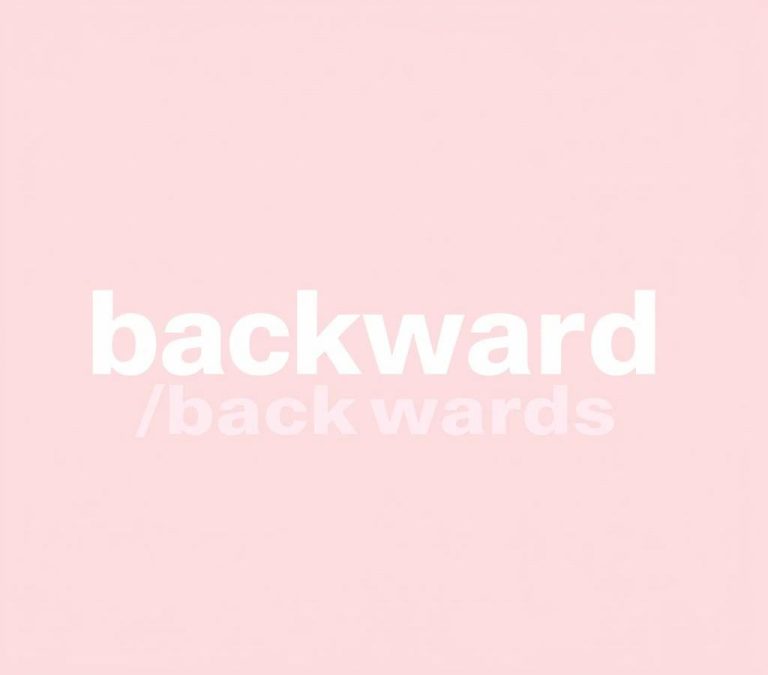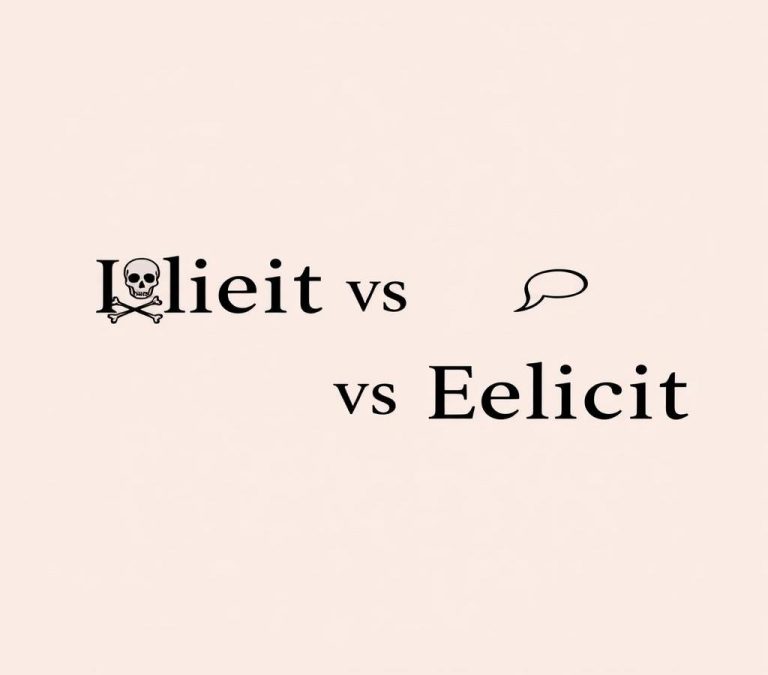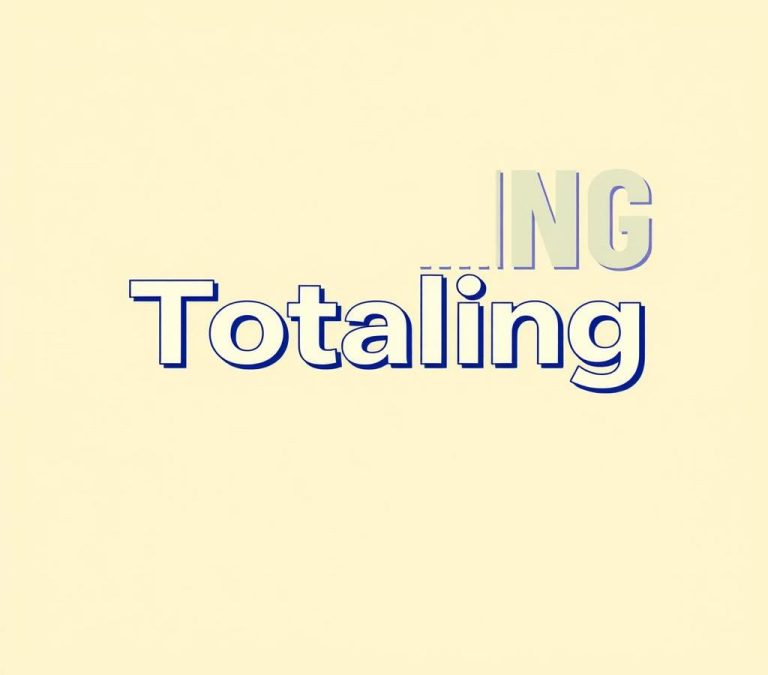Cocoons vs. Cacoons: Correct Spelling & Grammar Usage
Many people get confused about the spelling of “cocoon.” Some mistakenly write it as “cacoon,” but this is incorrect. The correct spelling has two “o”s and no “a.” Understanding the correct spelling is important for clear communication, especially when writing about nature or insects. This article explains why “cocoon” is correct, and offers tips to avoid common spelling mistakes.
Quick Answer
The correct spelling is cocoon. The word “cacoon” is a common misspelling. Cocoon refers to the silky protective casing spun by insects, such as butterflies and moths, to encase themselves during metamorphosis.
Why There is Confusion
The words “cacoon” and “cocoon” are often confused due to their similarity in pronunciation. Many people find it challenging to remember which spelling is correct because both words sound nearly identical when spoken aloud. Additionally, there isn’t much exposure to these words unless one is delving into specific contexts like biology, literature, or textile industries, leading to easy confusion. Despite their phonetic resemblance, there is a significant distinction between the two spellings – namely that only one of them is correct.
What Does Cocoon Mean?
The word “cocoon” refers to a protective casing spun by larvae of certain insects, most notably caterpillars of moths and butterflies. The cocoon serves as a shelter for the pupa stage in these insects’ life cycles, providing a safe environment for metamorphosis.
More broadly, the term “cocoon” can also figuratively describe anything that acts as a protective or insulating barrier. For instance, someone might say they are “cocooning” at home if they are staying in and isolating themselves from outside distractions or dangers.
What Does Cacoon Mean?
Interestingly, if you search for the term “cacoon,” you will likely discover that it is not a standard word in the English language. It is a common misspelling of the word “cocoon.” As such, “cacoon” has no official definition, use, or recognition in dictionaries and formal texts.
Though people may use “cacoon” in casual writing or on social media, it is generally understood that they mean “cocoon.” Therefore, “cacoon” cannot be associated with any specific meaning or context.
Differences Between Cacoon and Cocoon
While “cocoon” is a correctly spelled and meaningful word in English, “cacoon” is merely an incorrect version of it. Understanding their differences is crucial in ensuring the proper usage of the word in writing and speech.
Differences in Parts of Speech
“Cocoon” is a noun that refers to the silken case created by insects like caterpillars, within which they transform into their mature forms. It can also serve as a verb meaning to envelop or to provide shelter akin to that of a cocoon.
“Cacoon,” on the other hand, has no recognized usage as either a noun or a verb. It simply does not exist as a word in the English lexicon, rendering it incorrect in any grammatical context.
Differences in Etymology
The word “cocoon” has etymological roots traced back to the French word “cocon,” which means “egg-case.” This term itself originates from the Occitan word “coucoun” and the Latin “cucūlus,” meaning a type of basket or shell.
“Cacoon” has no etymological background since it is essentially a misspelling and does not derive from any recognized linguistic roots.
Differences in Usage
In practice, “cocoon” is used in various contexts, particularly in biological sciences to describe the protective covering made by insects for their metamorphosis. It is also commonly used metaphorically to describe a situation where someone or something is sheltered or isolated.
Refer to these examples:
- The butterfly emerged from its cocoon.
- He spent the winter cocooned in his cozy home.
Conversely, “cacoon” should be avoided, as using it would be incorrect and potentially confusing for readers who are unfamiliar with the misspelling. Only “cocoon” should be employed in both its literal and figurative senses.
Synonyms for Cocoon
When discussing the concept of a cocoon, whether literally or metaphorically, there are several synonyms and related terms you may use:
- Shell
- Chrysalis
- Enclosure
- Case
- Protector
- Shield
- Wrap
- Envelop
- Hibernate
Note that many of these synonyms are context-sensitive and may not be direct one-to-one replacements for “cocoon,” but rather, they capture a similar essence.
Synonyms for Cacoon
Given that “cacoon” is an incorrect spelling and does not exist in recognized English, it has no synonyms. If you find “cacoon” written anywhere, it is best understood as a mistaken attempt at writing “cocoon.” Therefore, the synonyms for “cacoon” are essentially the same as those for “cocoon,” since the intended word is “cocoon.”
Examples of Usage: Cacoon or Cocoon?
In proper usage, “cocoon” is the term you should employ in your writing. Here are several sentences that demonstrate correct usage:
- Correct: The silkworm spins a cocoon made of silk thread.
- Correct: She felt safe and comfortable, like being in a cocoon of warmth.
In contrast, avoid the incorrect spelling “cacoon,” as shown below:
- Incorrect: The silkworm spins a cacoon made of silk thread.
- Incorrect: She felt safe and comfortable, like being in a cacoon of warmth.
Ensuring the correct spelling “cocoon” not only demonstrates attention to detail but also maintains the clarity and professionalism of your writing.
Conclusion: Cacoon or Cocoon – Which Spelling is Correct?
In conclusion, the correct spelling is “cocoon.” This term has a specific meaning in both scientific and metaphorical contexts, and it is the only recognized and proper form of the word. The spelling “cacoon” is incorrect and should be avoided to prevent misunderstandings and maintain the accuracy of your communication.
Understanding the distinctions between “cacoon” and “cocoon,” including their differences in parts of speech, etymology, and usage, is crucial in using the correct term. By adhering to the correct spelling “cocoon,” you ensure that your writing is both clear and credible.
When in doubt, remember that “cocoon” is the accepted and meaningful choice, while “cacoon” is a common mistake that has no place in proper English.

